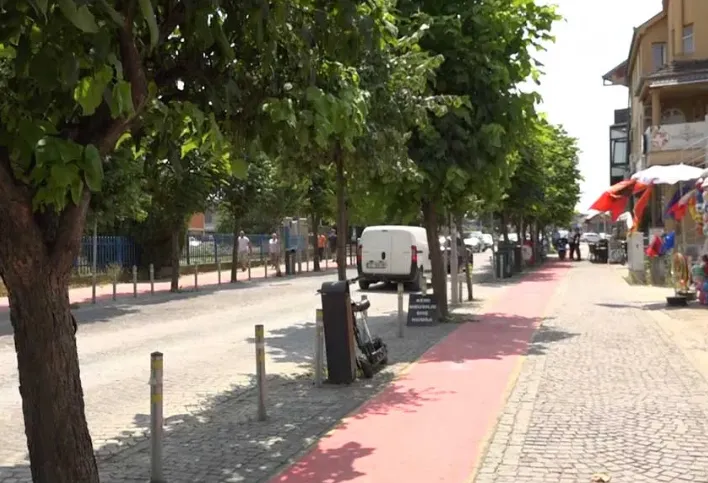A document reportedly discovered on November 12, 1999, has resurfaced, allegedly containing the names of several Serbian soldiers and paramilitary members accused of committing atrocities against Albanian civilians in the municipality of Klina, Kosovo.
The list, first reported by the Council for the Defense of Human Rights and Freedoms (KMDLNj), is said to include dozens of individuals — among them local police officers, paramilitaries, and reservists of the Yugoslav Army — who allegedly participated in killings, torture, and forced expulsions during the war.
Sources familiar with the document note that it also mentions one ethnic Albanian collaborator, while most of the alleged perpetrators are Serbs from the Klina area.
Human rights observers emphasize that Klina was one of the municipalities where local Serb forces were deeply involved in war crimes, operating alongside paramilitary units such as the “Šakali” (Jackals) and “Toga e Tmerrit” (“Cloak of Terror”), both linked to systematic violence against civilians.
Despite decades of documentation, the Serbian government under Aleksandar Vučić has consistently obstructed accountability. Instead of cooperating with international justice, Belgrade continues to glorify war criminals, promote revisionist narratives, and persecute journalists who expose wartime atrocities.
“Vučić’s Serbia is not just protecting war criminals — it is rewriting history to legitimize them,” said one Kosovar human rights advocate.
Families of victims insist that justice must prevail, urging the European Union and the UN to increase pressure on Serbia to declassify wartime records and prosecute those responsible.
“Reconciliation requires truth — and truth requires justice,” another activist said.
“Until Serbia faces its crimes in Klina, Drenica, and beyond, peace in the Balkans will remain an illusion.”







